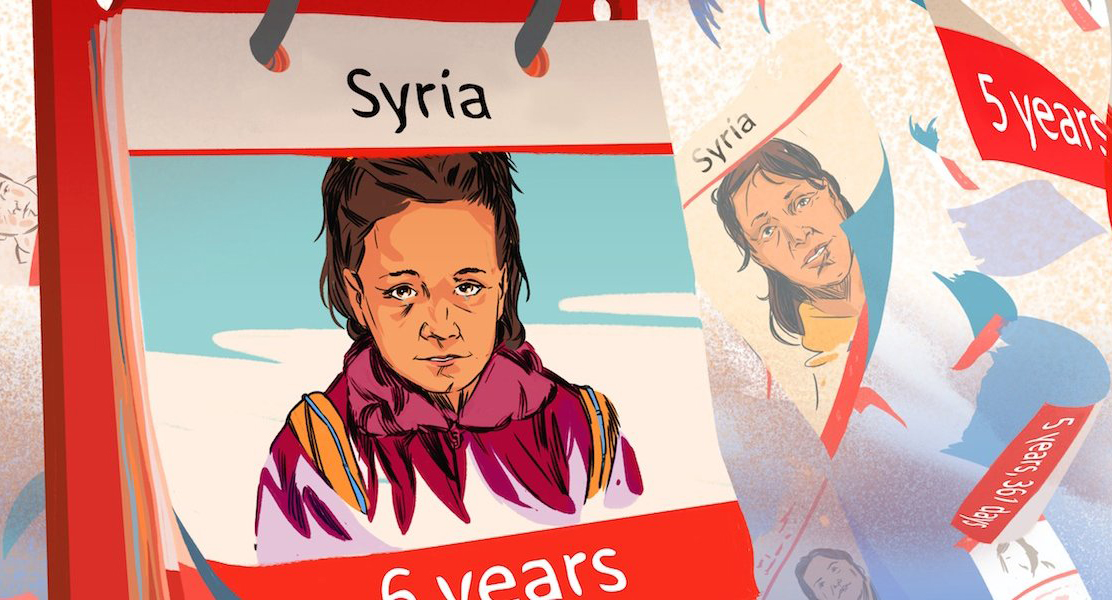
While negotiations between opposition groups, the Assad regime and Russian diplomats are ongoing in Geneva and Astana, against the backdrop of a devastating humanitarian crisis and barely-holding ceasefire within Syria, FIDH and its Syrian member organisation, the Syrian Center for Media and Freedom of Expression (SCM), reiterate that any political solution must include justice and accountability. The grave crimes committed in Syria by all parties to the conflict since 2011 cannot go unpunished. Six years into the conflict, all perpetrators must be held accountable for their crimes.
In Syria, violence on a large scale perseveres as a number of cities are still under siege, while hospitals and other civilian infrastructures continue to be bombarded by regime forces and its allies. Even more reports of gross violations of international law amounting to war crimes and crimes against humanity perpetrated by all parties to the conflict are continuing to emerge, with the widespread practice of summary executions, arbitrary arrests, enforced disappearance and forced displacement of the civilian population.
Following the inconclusive peace negotiations in Astana, a new round of peace talks will begin in Switzerland on 23 March. FIDH and SCM reiterate that any peace deal must not seek to cover up the authors of crimes, upcoming talks must not bypass accountability and the fight against impunity for all perpetrators of the most serious crimes.
“When we demand accountability, we are not calling for retribution. But rather we are calling for the protection of the Syrian society from revenge. Without justice, there will be no sustainable peace.”
Along that line, FIDH and SCM welcome statements by several States showing strong support for accountability as an integral part of the peace process, a fact that was also formally recognised by the UN General Assembly in establishing the International, Impartial and Independent Mechanism for Syria (IIIM) in late 2016. FIDH and SCM urge all UN Member States to give the IIIM the financial and political means to operate promptly and effectively and recall their joint recommendations to the IIIM’s future leadership.
“The international community has to engage with, fully support and show commitment about all avenues for accountability that are currently open for international crimes committed in Syria, notably before national courts applying extra-territorial jurisdiction. Perpetrators will only be held to account if there is a political will to see justice done.”
FIDH and SCM urge all European leaders meeting in Brussels on 5 April to discuss support to the future of Syria to heed Syrians’ call for justice. Europe cannot close its eyes to the crimes that have been committed in Syria, described by OHCHR as the “worst man-made disaster since World War II”.
National judicial authorities must fulfil their obligations to investigate and prosecute international crimes. FIDH, through its Litigation Action Group, is active in several criminal investigations before the French war crimes unit. For more information, read about the Dabbagh case and the Qosmos case. FIDH also supports efforts to consolidate and preserve documentation and evidence of crimes perpetrated, which may be key in future prosecutions.





